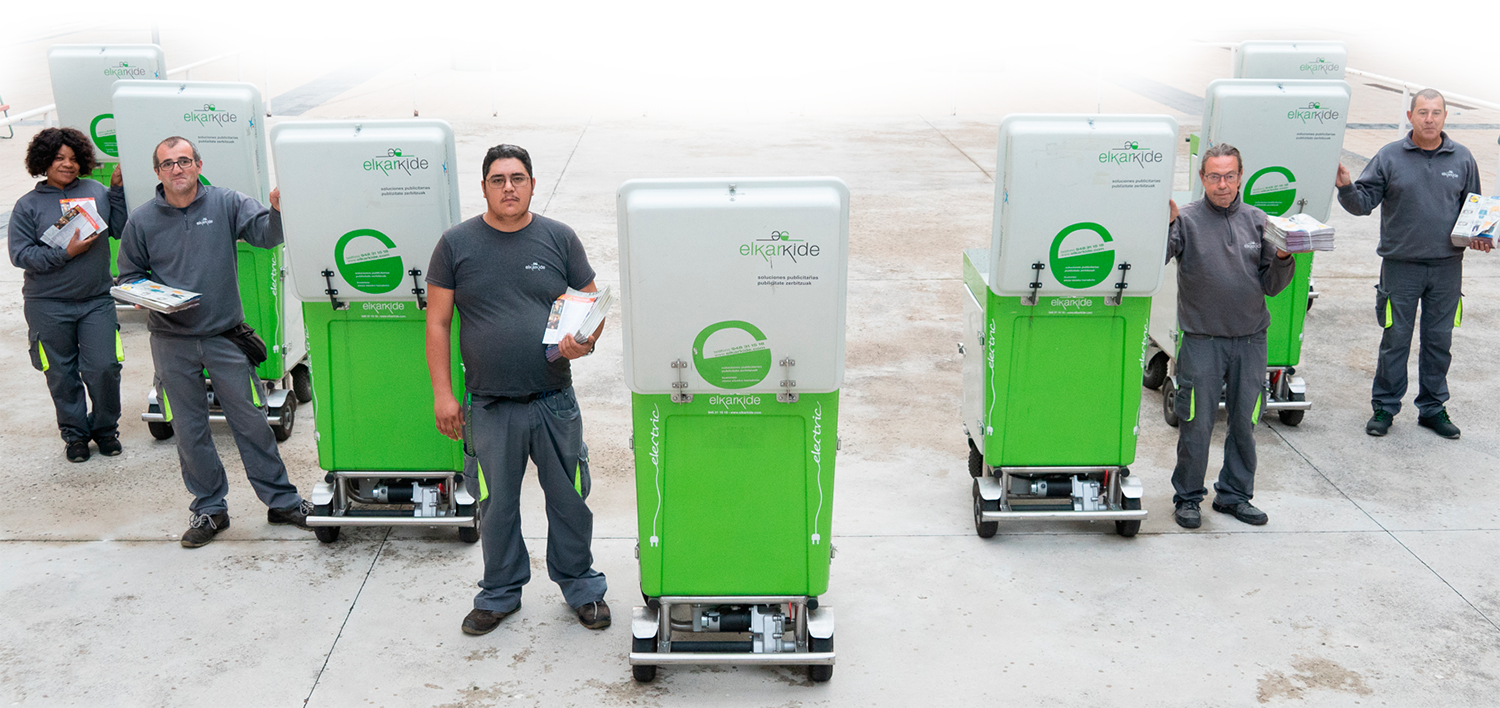Companies that have tried the 4-day workweek, more comfortable with the new model
- Maintaining wages, 61 British companies have reduced their working week to four days for six months. In these cases, fatigue has been reduced by 71% and sick leave by 65%, income has increased by 1.4% on average and 92% of the companies that have participated in the largest pilot experience to date ensure that the working week of four days is maintained.

61 British companies conducted the pilot test in 2022, reducing the number of hours per week by 20% (from 40 to 32 hours), affecting over 3,300 workers. The scientists at Cambridge University have been in charge of evaluating the process and the consequences and have published the results this Tuesday: stress has been significantly reduced and workers claim that they have been reduced by fatigue and anxiety, improved mental and physical health; sick leave has been reduced by 65%; and 56 of the 61 companies claim that they will maintain the new working week, of which 18 companies claim change is permanent.
What about productivity?
One of the biggest concerns of entrepreneurs before starting the pilot project was that the reduction of hours was accompanied by a decrease in productivity. The study reveals that this has not been the case, and even that workers are more willing to “take advantage of time productively” during working hours. Company revenues have not changed in these six months, and for the 23 companies that provided data, revenues have increased by an average of 1.4%.
Ultimately, companies have put in place a number of habits and mechanisms to make working time more efficient, such as meetings or lists of tasks.
Conciliation and welfare
More restful, that is the word used by many workers. After work, this working week model has allowed them to disconnect and “breathe.” Some have saved spending on childcare as holidays, others have gained interest and leisure time; in general, the new model has allowed them to reconcile work and social and personal life.
Prior to the pilot test, the participating companies were prepared for two months, through different workshops and tutorials and knowing the experience of those who already had the four-day working week. The conclusion of the study is that this experience has shown that what seemed a dream is a realistic policy: “The four-day working week means a better working and family life for many people.”
Datorren astelehenean egingo dute espedientearen kontsulta epeko bigarren bilera.
Betsaide enpresan gertatu da, 08:00ak aldera. Urtea hasi denetik gutxienez bederatzi behargin hil dira.
2024ko laneko ezbeharren txostena aurkeztu dute LAB • ESK • STEILAS • EHNE-etxalde eta HIRU sindikatuek aurtengo otsailean. Emaitza larriak bildu dituzte: geroz eta behargin gehiago hiltzen dira haien lanpostuetan.
Jakina da lan ikuskariak falta ditugula geurean. Hala ere, azken egunotan datu argigarriak ematea lortu dute: lan ikuskaritzaren arabera, EAEko enpresen %64ak ez du ordutegien kontrolean legedia betetzen. Era berean, lehendakariordeak gaitzetsi du, absentismoaren eta oinarrizko... [+]





















